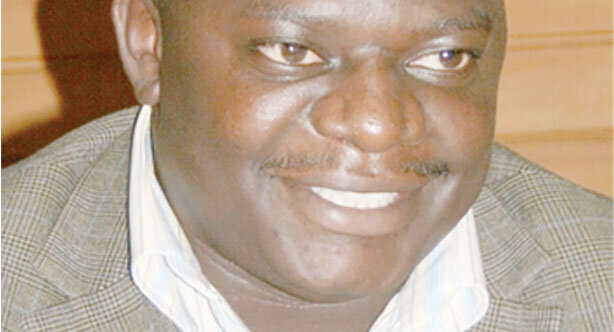
Civil Society Organisations (CSOs) in Malawi are demanding South African Broadcasting Corporation (SABC) to retract the defamatory remarks by an analyst linking Malawians to terrorism.
A South African analyst Izak Khomo claimed on SABC that Al-Shabab recruits Malawians especially those from the Yao tribe.
He was commenting on the terrorist attack by Al-Shabab who killed 21 people at DusitD2 Hotel in the Kenyan capital Nairobi on Tuesday last week.
A taskforce of CSOs called Malawi Civil Society Led Black Economic Empowerment Movement (MaBLEM) has penned a letter to SABC demanding the broadcaster to clarify the remarks made by Khomo.
The activists are worried that Khomo’s claims have negatively affected Malawi’s image and reputation as the link to terrorism is a serious allegation.
They are also concerned that many Malawians, especially Moslem from the Yao tribe, who travel and are living in South Africa may suffer attacks or be targeted due to Khomo’s remarks.
“As Malawians we cannot keep quite when such allegations are being made by such a reputable broadcaster without any authentication, a thing which has the effect of making the whole world believing the assertions as true.
“You might wish to note that such allegations have ability to cause hate towards Malawians and we challenge SABC to further take to task their so called expert, who unfortunately is linked to SABC through Channel Africa to justify his assertion,” says the letter signed by MaBLEM chairperson Robert Mkwezalamba.
The activists have since threatened to seek legal redress if Khomo and SABC do not provide evidence for the claim that Malawians are recruited by Al Shabab
They have also asked the Ministry of Information to order Malawi Communications Regulatory Authority (MACRA) to block all SABC channels in Malawi should they not issue a disclaimer or retraction and apology within the next 14days.
The SABC carries content to other African states in SADC and other African regions through a platform called Channel Africa, giving it an audience that reaches millions of people in the continent.
Speaking to South African media, spokesperson of the SABC Neo Momodu said: “The SABC has noted media reports and enquiries. We are currently investigating the matter, before responding to the relevant stakeholders.”














